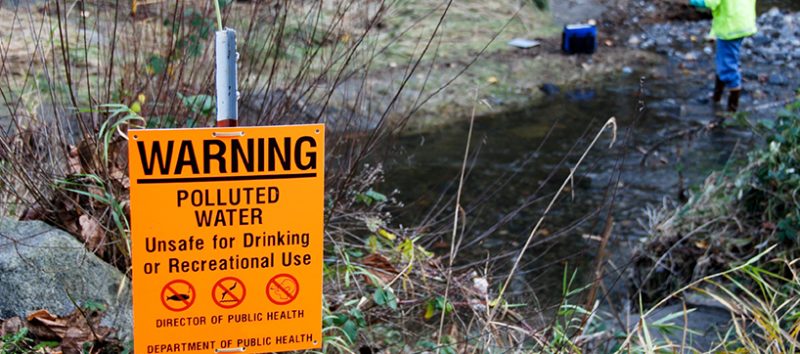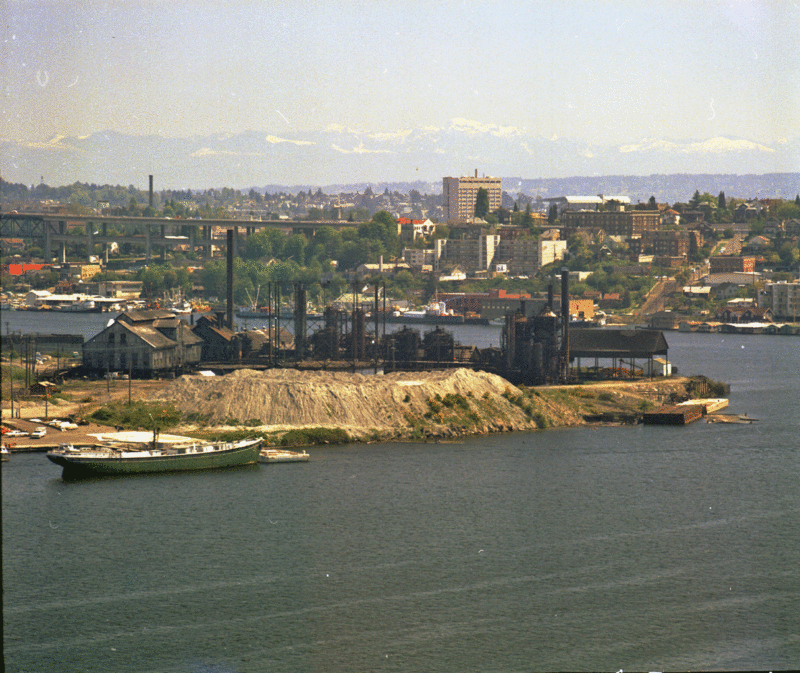Toxics in people, fish, and our environment
Legacy and emerging chemicals of concern are found throughout the Puget Sound ecosystem, posing threats to people and to orcas. Communities that eat a larger proportion of fish and shellfish may receive a higher exposure to harmful toxic contaminants.
WCA engages in collaborative processes and regulatory approaches to reduce toxics that impact people and wildlife.

Reducing toxics in consumer products
Consumer products are a major source of toxics to Puget Sound and can disproportionately expose communities of color and low-income communities. Washington Conservation Action builds campaigns and incentive programs to phase out toxic consumer products. In 2019, WCA (formerly WEC) helped pass the Pollution Prevention for Our Future Act to regulate toxic chemicals in consumer products.

Preventing and Cleaning up Toxics through the Model Toxics Control Act
Washington Conservation Action Education Fund (formerly WEC) led the effort to pass the original Model Toxics Control Act (MTCA), a landmark 1988 law that utilized a polluter-pays approach to clean up toxic sites, prevent further contamination, and support communities facing toxic threats. Since then, MTCA has been responsible for preventing untold amounts of pollution and also cleaning up thousands of toxic sites throughout the state.
Through an ongoing MTCA rulemaking process, WCA works to strengthen protections and advocate for equitable changes that reduce the disproportionate impact of MTCA sites to communities of color and low-income communities. We have continued to defend and update the law, including a more reliable funding structure.

